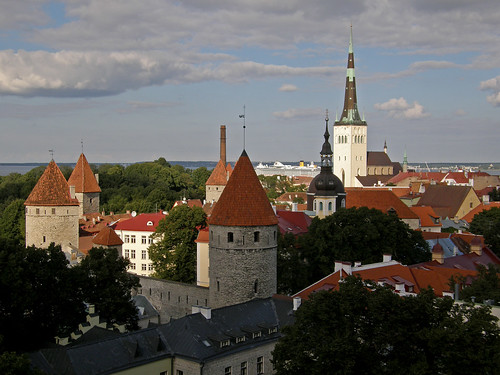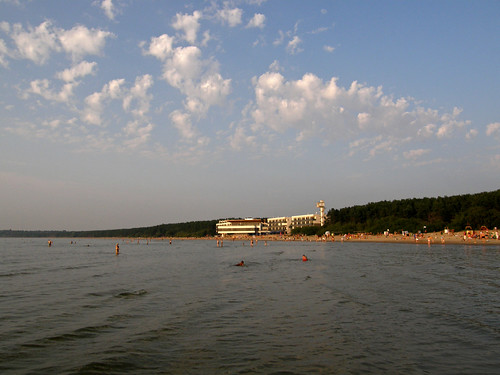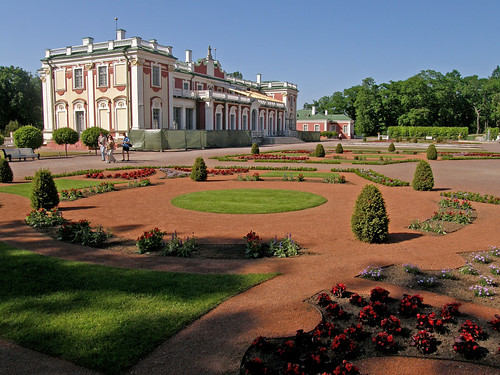And here comes another programme preview from the “alternative session” department…
Sabine Reisas and Prof. Heidrun Allert from the Department of Media Education & Educational Computer Sciences at the University of Kiel, Germany, will offer the following session:


Alternative Session:
“Bodystorming” on “Assistive Thinking” – Exploring the socio-material entanglement of PLEsLife in a knowledge-based society puts specific requirements on thinking, working and learning. In order to to be able to meet these challenges we support and improve communication and thinking through technology. In this process we create technologies making our ability to think and communicate look restricted again. We are imperfect. We do not cope well. Every solution produces unforseen contingencies. How do humans distribute thinking and acting through technology? Which epistemic practices emerge? How does this influence our concept of PLE? How do we create, re-produce and change our PLEs in practices? How do we negotiate PLEs regarding those uncertain and emerging working and learning situations that are inherently socially entangled and mediated by technology?
The workshop introduces the notion “assistive thinking” which was developed in the context of the multilateral project “Creating Knowledge through Design & Conceptual Innovation” co-funded by the European Union (project website: http://www.knowledge-through-design.uni-kiel.de ). The project aims to foster creative and critical thinking among students and professionals of various disciplines, enabling them to generate innovation and knowledge. Based on the educational model “Design as Inquiry” we see “Design” a general mode of inquiry that aims to gain insight by means of reflective intervention. This perspective is used as an underlying foundation for the exploration of technology and its means for personal/ social practices. From this perspective, we claim that the design of a Personal Learning Environment (PLE) is an ongoing epistemic activity that is mutually entangled with materiality/ technology and the accompanying social interactions.
The workshop aims to foster a conversation about “the role of exploring artifacts (resources/technology) in practices” and their affordances. Furthermore we want to discuss, if technical options of ubiquitary and hybrid computing are conceivable and preferable in society. What are personal and social implications? What options are socially accepted and adopted? How are opportunities explored, percieved and used? How does exploring and intervening in the world, negotiating meaning, decision making, and problem solving challenge our way we design our PLEs? In this sense, we will explore the constitutive entanglement of technology and human epistemological practices.








